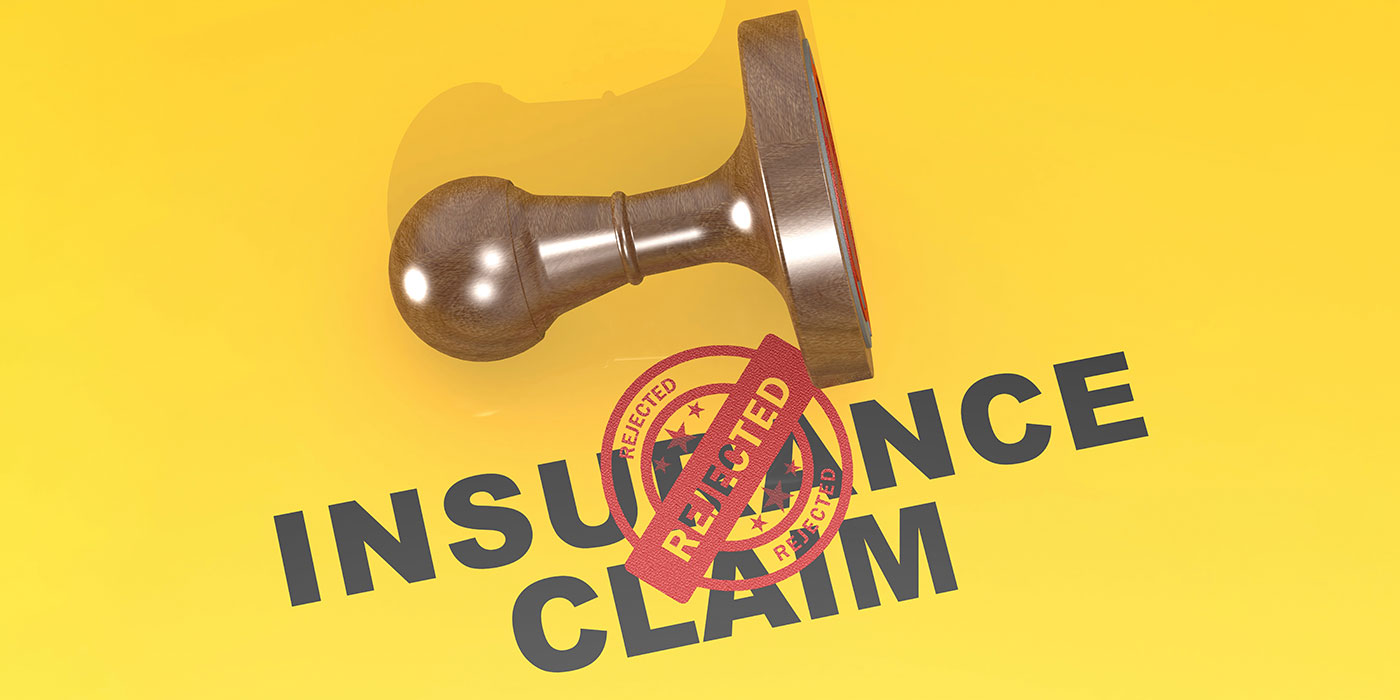Who is responsible for paying the parts restocking fee after a vehicle is totaled by an insurance company?
First, we must define “parts restocking fee.” In my opinion, this is the fee a parts supplier would assess when parts are returned to them where they would need to provide a refund and return the parts back to stock or inventory. This is not to be confused with a “parts return fee,” which would be assessed by the repairer when the parts are found not to be needed due to several reasons such as:
1. The election was made to forego the use of “non-OEM aftermarket” parts and instead use OEM replacement parts.
2. A vehicle that was initially written to be repaired was subsequently deemed to be a total loss and the parts that were acquired to perform the repair are now no longer needed.
In either of these situations, it would likely be the insurer that called for the initial parts acquisition, and in doing so, the repairer was promised a “mark-up” or “earned profit” in return for their ordering, checking in, ensuring the parts were correct upon delivery, and paying for and protecting the parts while in their care, custody and control – and doing so until the parts are delivered with the repaired vehicle.
Generally, because the insurer erred in their assessment and then decided the parts they had originally called for are no longer needed, they will often request that the repairer return the parts for credit, and the repairer will provide these additional services. But all too often, repairers fail to assess a fair and reasonable fee for this valued service.
What is a “fair and reasonable fee” for the return of acquired parts? I tell repairers to determine and use realistic monetary values that are easy to substantiate and are comparable to other similar services so as to remove any dispute as to fairness.
So, when returning parts, because the parts return process is the exact reverse process of their acquisition, it makes perfect sense that the same reward (mark-up, profit, etc.) be earned as would have been earned when obtaining them. If a repairer earned $X to acquire the parts on behalf of their customer, then, on behalf of the customer, the repairer should earn the same amount for their return handling.
Who would owe for such fees? It would, of course, be the customer who signed the repair authorization. After all, it’s their vehicle, their parts and their legal responsibility to pay for the services rendered.
If insurance were involved, it would likely be the insurer that would wish to have the parts returned and thus they would have to pay their customer or pay the repairer on their customer’s behalf for this valued service.
Keep in mind that the return of the parts is merely an additional service that the repairer may or may not elect to provide to their customer.
Should the customer or insurer decline to provide advance payment for the parts return fee and/or parts restocking fee and await their refund (only after the repairer receives it), then the repairer can merely charge for the procured parts in full and allow the procured parts to leave with the vehicle. No harm, no foul! The insurer and/or customer will then, of course, be free to return the parts themselves to avoid such added charges.
My company, Auto Damage Experts, has a parts return policy that we provide the repairers we consult/coach which explains the additional parts handling service in detail, along with the basis for charges and available options. For more information, visit the Auto Damage Experts webpage.













